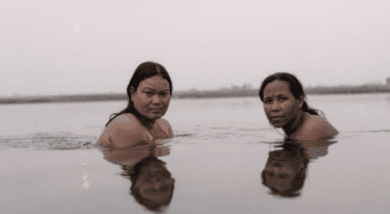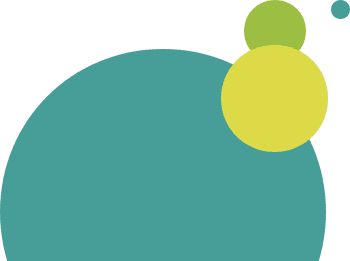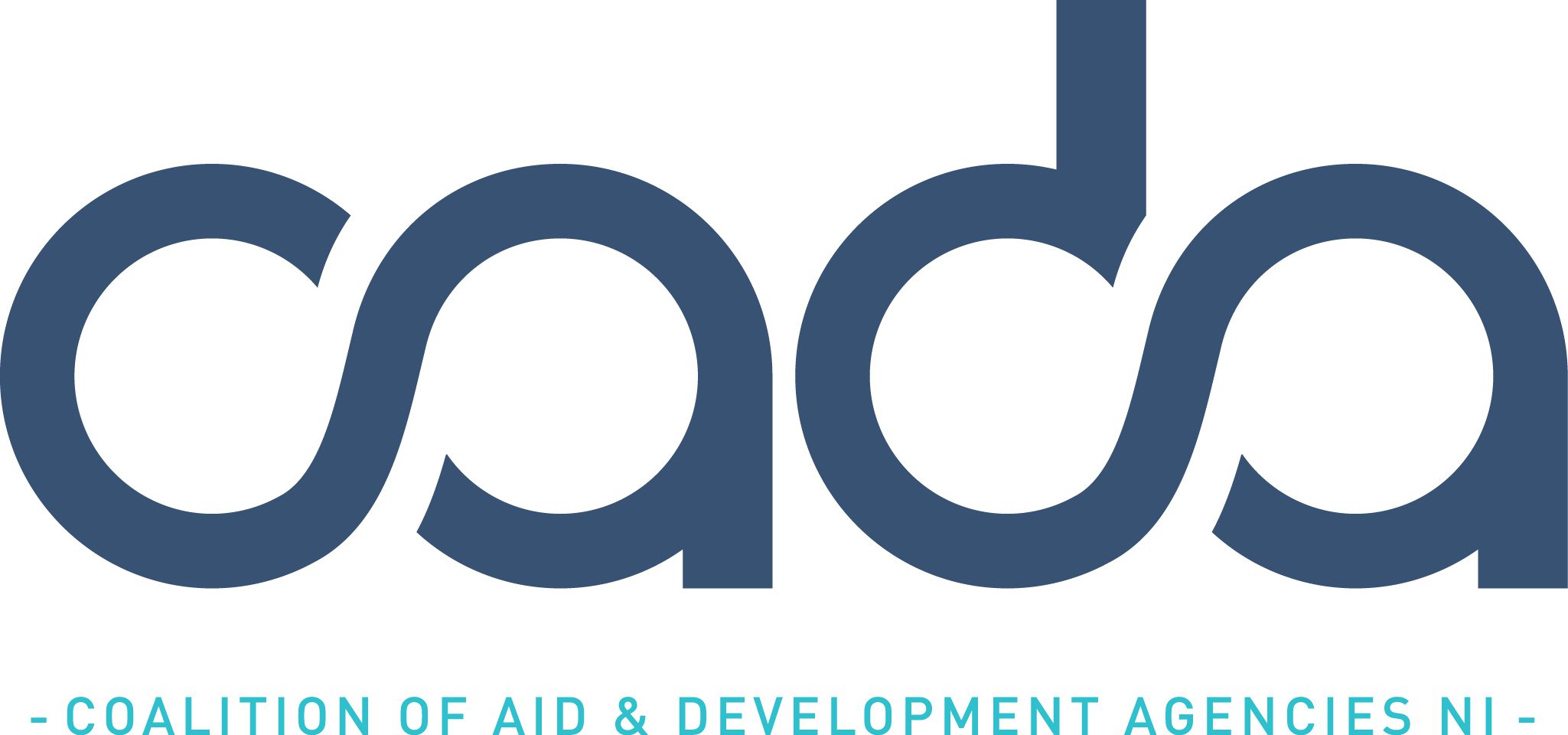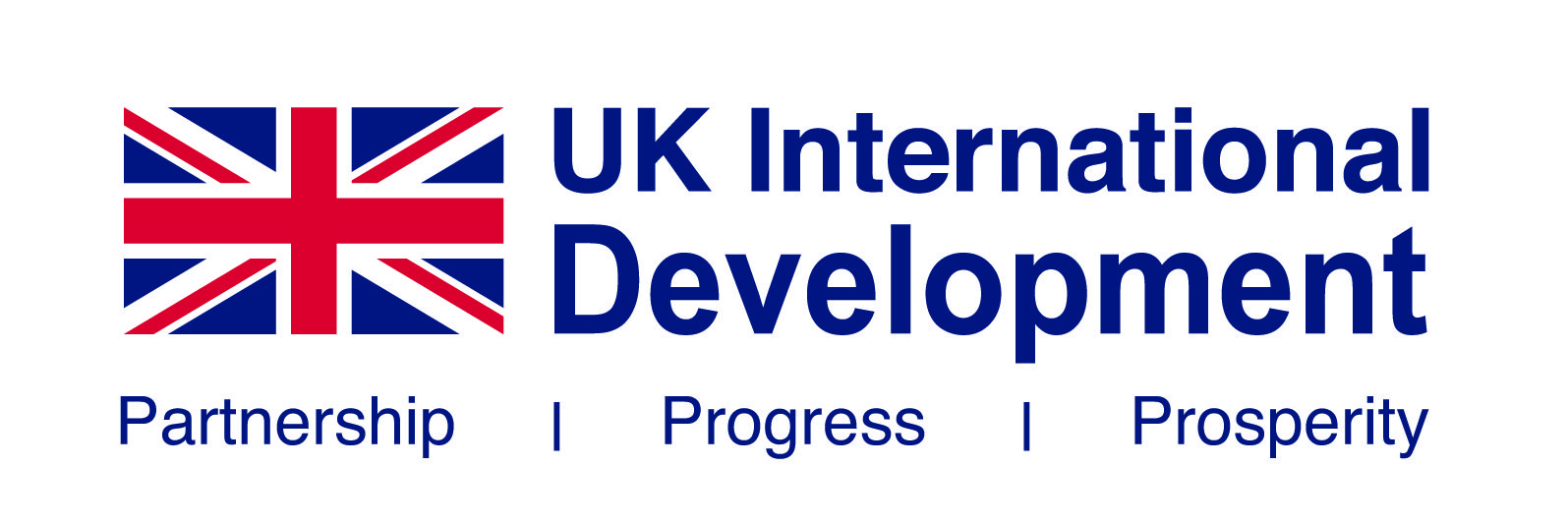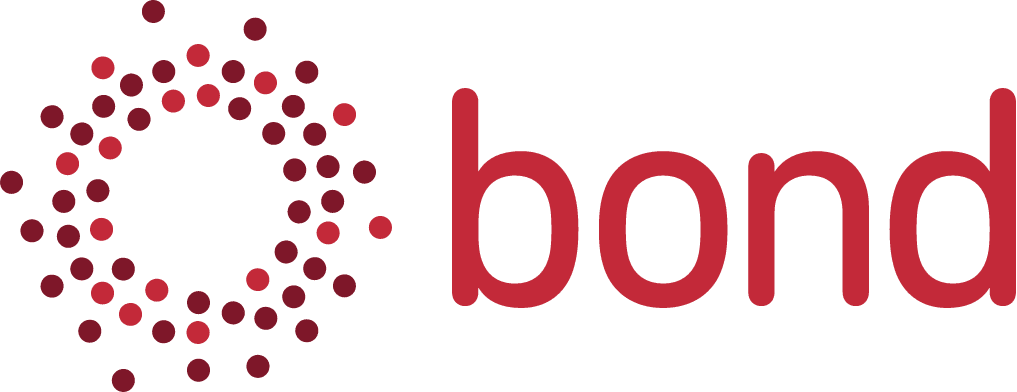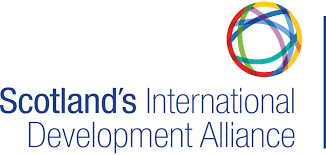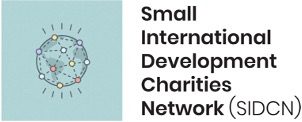11 May 2023
From Send a Cow to Ripple Effect: Why a much-loved charity changes its name
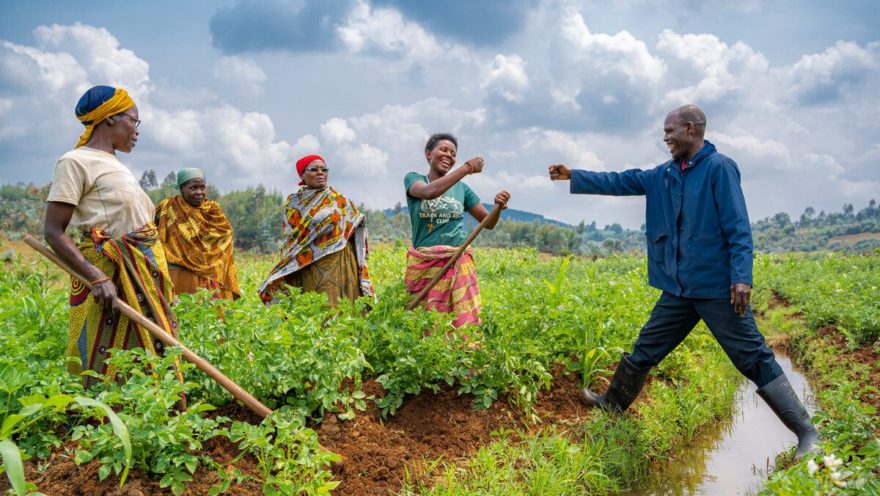
Why would you do that? Ripple Effect Communications Manager Jennifer Stevenson charts the change.
There’s no doubt that people loved the name Send a Cow. It had charm by the bucketload, and the kind of Does-What-It-Says-On-The-Tin practicality that cuts through to individual donors.
It evoked a bold 35-year history that started with a group of dairy farmers in the west of England literally loading cows onto a plane and sending them to post-conflict Uganda, where a community of widowed rural women with hungry families to feed had enclosures ready and waiting for them.
So – why did we take the decision?
We’ve changed. Everything’s changed
Quite simply, shipping largesse from high-income countries in the global north to low-income countries in east and southern Africa really isn’t modern development practice anymore.
Our supporters are hugely generous, and understand the need to address global social injustice. But just “sending” – donations, or expertise – isn’t sustainable, and it isn’t empowering.
Not only that, but our locally-developed agriculture training schemes, which have evolved over our years of experience, aren’t particularly cow-focused either.
We’re MORE THAN cows
Yes, livestock plays an absolutely vital role in providing high-quality nutrition for many communities, and manure is a highly-prized resource in building soil fertility. Sometimes valued even more than the milk a cow might produce.
As a mostly-vegetarian in the wealthy global north I’m delighted to argue that case any time.
A well-managed agroecological small-farm system can offset all the greenhouse gas emissions created by one or two household cows. But in many communities goats or chickens might be more appropriate to the local resources available. Or improving the welfare of donkeys – the irreplaceable form of transport for so many households. Or growing different crops, or old crops in new ways.
We need to open doors to talk about our other work
We might have continued as we were. We were all very well-practised in “We don’t actually…” conversation-openers. But we’re ambitious.
The scale of poverty in the countries where we work, and the unequal impact of the climate crisis, are driving our bold strategy to reach five million more people in rural Africa before 2030.
That means we have to be able to talk to donors, institutional funders, delivery partners and government departments about our complete farm systems approach. Our training programmes in sustainable agriculture address the impact of climate crisis in really practical ways: we have to be able to shout about that.
Our projects all start with transformational work on gender relations and social inclusion that ensures change is embedded with people who have the power to continue it for generations to come – that’s a focus we’re proud of.
And we need to be able to talk about enterprise development, which is what makes all our work sustainable, ensuring that smallholder farmers progress beyond subsistence agriculture and are able to pay for education and healthcare, dig wells and build better houses and be in charge of their own futures.
We make change: we’re Ripple Effect
We asked our staff and the farmers we work with what’s really important about our approach. They talked about pass-on gifts of livestock, seeds and knowledge, about peer-farmer trainers and self-help groups joining larger networks of groups and starting social enterprises.
We asked our donors what makes them support us, and they said it’s our effectiveness. We work closely with communities in ways that really embed learning that spreads more widely, and continues after the funding for a project ends.
They were talking about a ripple effect: change going wider as a result of farmers passing on knowledge to other farmers, of husbands and wives changing the way they share labour and make use of the family’s resources, and modelling those roles to their children. Of microbusinesses turning into community cooperatives and creating new social movement.
They were describing a ripple effect from donors who are inspired to empower change, to families on African farms who pick up knowledge and run with it, sharing what they’ve learned and what they have with their neighbours and their wider communities
For every family we work with directly, another three will benefit
We know this from the hands-on experience of our project managers, and our rigorous monitoring and evaluation across all the countries where we work.
One to another three is our absolute minimum. We know that in many projects the pass-on impact is greater, but that’s our line in the sand here and now. As we push forward with our bold strategy to reach even more people by working in partnership with other delivery organisations, the impact of Ripple Effect will spread wider, to tens, hundreds, thousands and then millions.
We create ripples, and that’s what we want to be known for.
Images and blog courtesy of Ripple Effect
Originally posted August 2nd 2022


